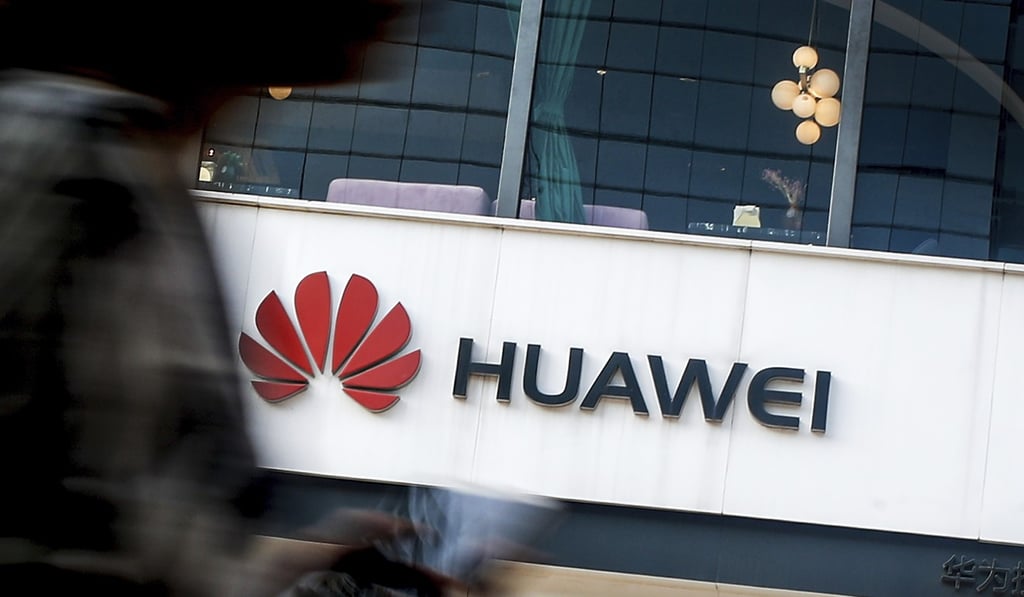Advertisement
Malaysia’s Mahathir lauds Huawei deal with telecoms giant Maxis as vital collaboration
- Beleaguered Chinese tech conglomerate inks agreement with one of Malaysia’s biggest telecoms firms to supply equipment for 5G cellular technology
- Tie-up follows forceful defence of Huawei by Malaysian prime minister over company’s alleged spying and links to the Chinese military
Reading Time:3 minutes
Why you can trust SCMP

China’s Huawei Technologies, hobbled by allegations in the West that it is engaged in espionage, received a shot in the arm from Malaysia on Thursday as telecoms giant Maxis signed a deal to buy 5G equipment from the Shenzhen-based company.
The agreement follows repeated assertions by local officials, including Prime Minister Mahathir Mohamad, that the government would not blindly follow the United States and its key allies such as Australia, Canada and New Zealand in shunning Huawei’s products.
Mahathir, who presided over the signing ceremony between the two companies, said in a statement that collaboration between local and foreign vendors was vital for his country’s technology ecosystem.
Advertisement
“I am pleased to see Maxis and Huawei taking advantage of this environment and supporting the growth of Malaysia’s digital economy,” the 94-year-old leader said.
“There is no doubt that 5G will be a key driver to connecting everyone in Malaysia and transforming key industries such as manufacturing, agriculture and health care so that Malaysia can remain globally competitive.”
Advertisement

Advertisement
Select Voice
Select Speed
1.00x